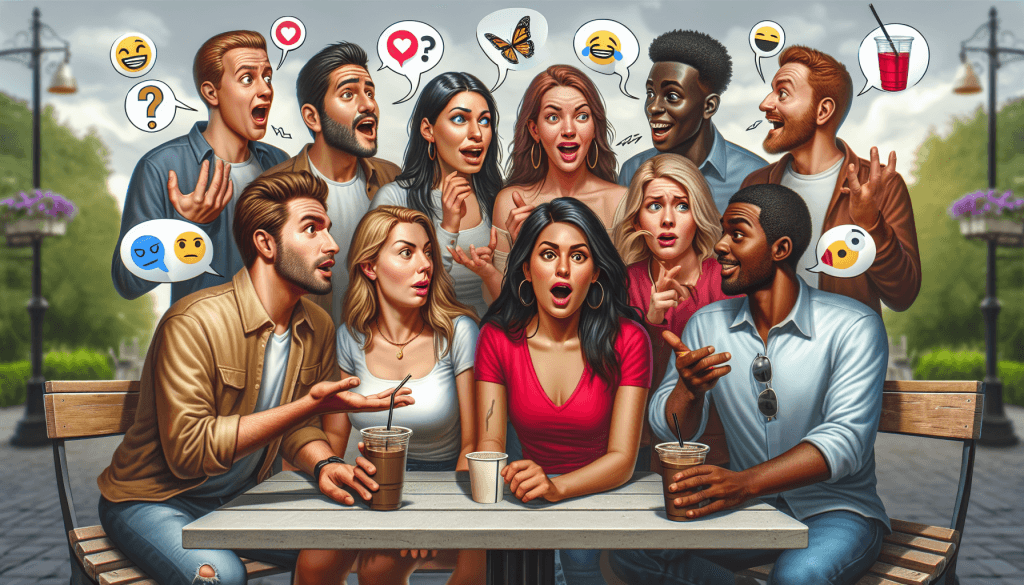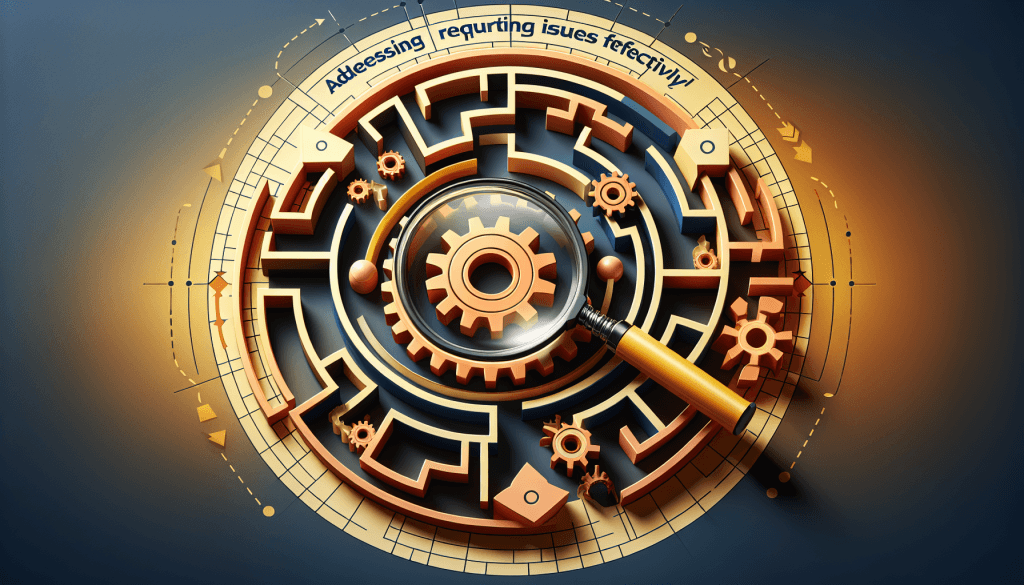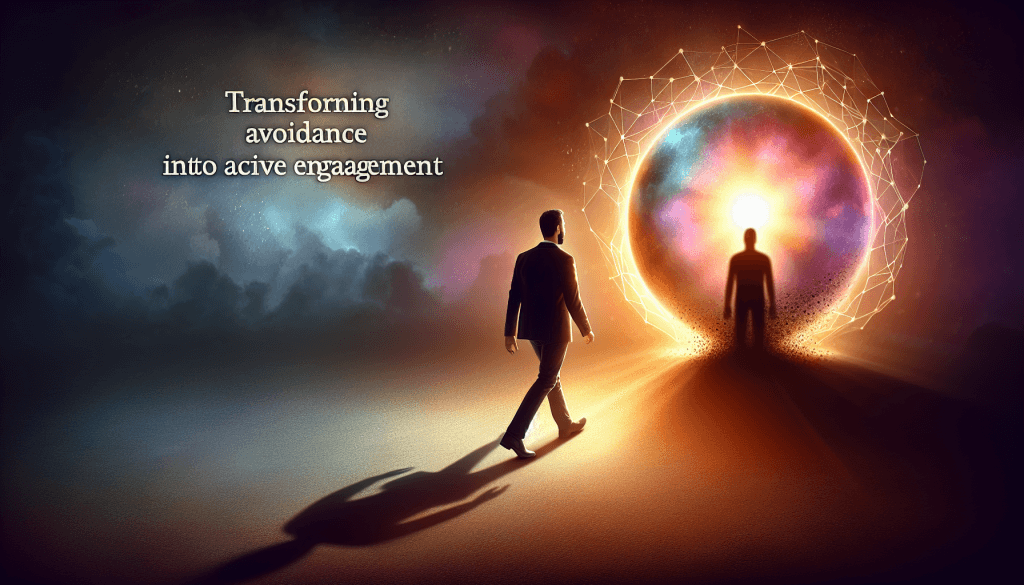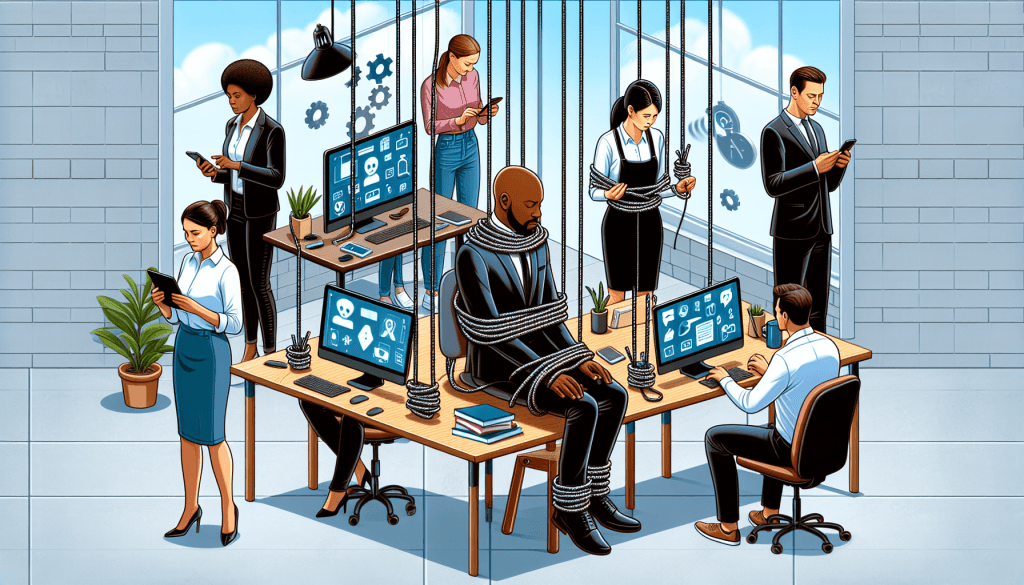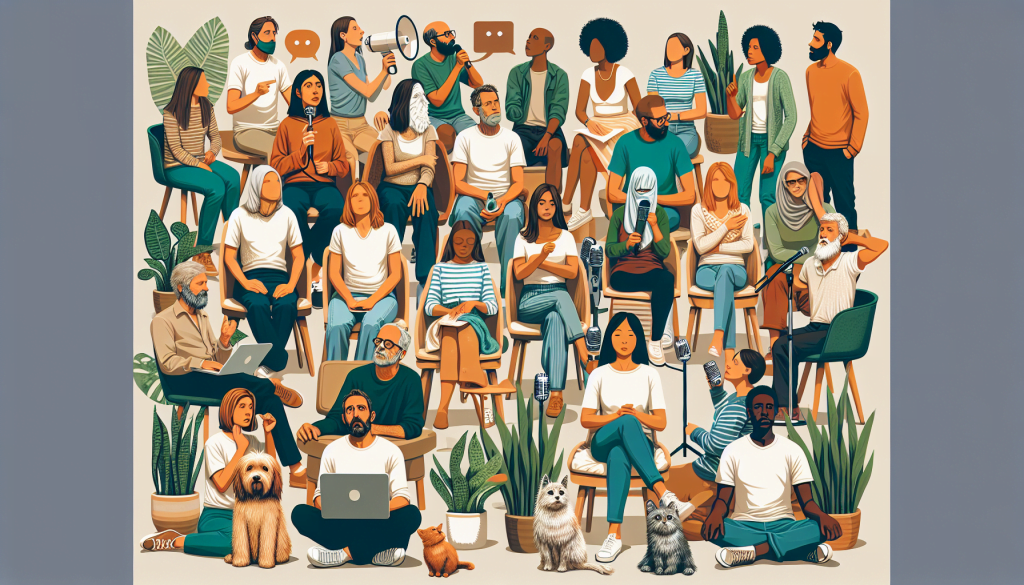How To Handle Misunderstandings In Friendships?
Misunderstandings in friendships can feel like a storm cloud suddenly appearing on a sunny day. One moment, everything is fine, and the next, you’re caught in a whirlwind of confusion and hurt feelings. But here’s the good news: misunderstandings don’t have to mean the end of a friendship. In fact, when handled well, they can […]
